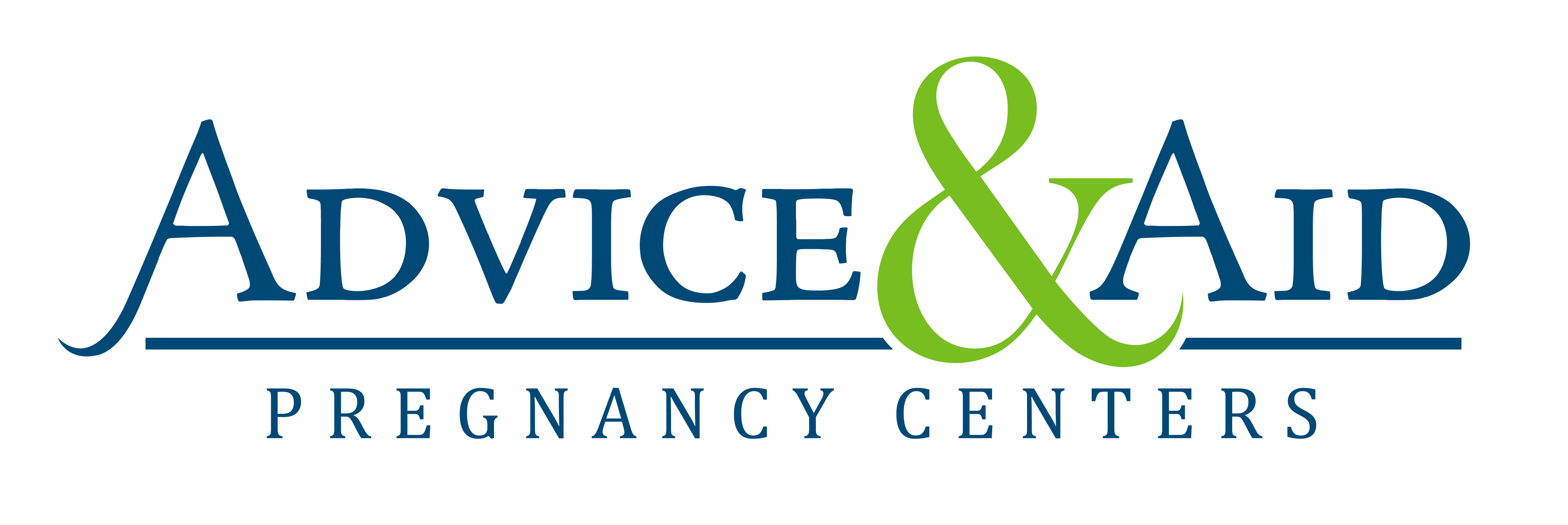I have anorexia and pregnancy terrifies me.
It was only about a month ago that I had the sucker-punch realization that my period was three weeks late. This may sound odd to many women, how could you not notice that it had been that long since your last cycle? However, for me it’s rather normal. Due to over 10 years in an active eating disorder, as well as other factors, I’ve never had a regular period. In fact, I spent a solid 2 years of my early 20’s in a period of amenorrhea, no cycle at all. It’s only been the past year and a half or so that I’ve had something regular that resembled a cycle. So pregnancy has always been the farthest possibility from my mind…
…until I sat with my husband while we waited for the pregnancy test to deliver its news.
No, I wasn’t pregnant. That has not yet been my story. But in those 5 minutes, every possible outcome and worry ran deep into my bones.
Our family plans have been plagued by a dichotomous elephant that eating disorders send parading into the room. “What if I can’t get pregnant? What if the years of damage I have done to my body are too much?” And then the other possibility: “what if I am?!”
Don’t get me wrong, we would love to be pregnant one day! Seeing friends and family embarking on their own adventures of growing their families is one of the most exciting and difficult things to watch. So much joy for the love and the beauty of new life; so much pain at the possibility that I we might never have such a joy of our own. We are not ready to begin trying, but I know that when we do, our journey will likely have many more variables complicating things.
Eating disorders are disturbances in eating or eating-related behaviors that results in impairments in physical and mental health and in life functioning. Common eating disorders include Anorexia Nervosa (restriction of food intake and an intense fear of weight gain) Bulimia Nervosa (episodes of binge eating followed by some kind of compensatory behavior to prevent weight gain) and Binge Eating Disorder (episodes of binging without compensatory behavior). Eating disorders are serious issues as they have the highest mortality rate of any mental illness, with estimations between 10-20% mortality (NEDA, 2018)
Eating disorders can create a laundry list of complications in pregnancy, as the mother’s body may not be strong or nourished enough to support a growing baby. Issues such as premature labor, low birth weight, stillborn or fetal death, delayed fetal growth, respiratory issues, gestational diabetes, pre-eclampsia, and miscarriage can be brought about by a mother’s eating disorder. It is recommended that a mother achieves and maintains recovery before attempting to conceive. Specific closely monitored care from a treatment team is always indicated throughout the pregnancy.
The ironic issue is that many women with eating disorders struggle with infertility because their body recognizes when it is unable to support and grow another life. Most women with active anorexia as well as about 50% of women with active bulimia don’t have menstrual cycles or have irregular cycles (AmericanPregnancy.org, 2018). Due to this “assumed infertility,” unplanned pregnancy rates are actually higher among women with eating disorders as they may have had unprotected sex around an unexpected cycle.
Pregnancy can bring about many non-health related fears in the mother as well. Many eating disorders arise from a need to control one’s own body, often stemming from some form of trauma or sexual abuse. The state of pregnancy, so embraced by some, can be a traumatic crisis. Sharing your body with someone else for a time and having your hunger and hormones seemingly taken over can be extremely triggering to someone with an eating disorder history, even one that has lain dormant for years. Additionally, the expected weight gain can seem monumental and impossible, creating a true crisis in the mother’s world targeting her deepest fear.
Conflicting emotions often run rampant in the mothers mind, tearing her between her motherly instincts and her illness. One of the most rampant fears is the very real one of not adequately nourishing your child. The criminalization of miscarriage only puts additional pressure and stress around the already difficult situation.
The most difficult piece is the shame that accompanies all of the above aspects of eating disorders and pregnancy. This shame leads to secrecy and the most toxic part of the issue: nobody talks about it! Mothers hide their disorders, further endangering their children and themselves and often sparking deep depression and anxiety surrounding their motherhood. This issue, where 1 in 5 deaths are by suicide, is only made worse by being shrouded in the shadows of shame and silence.
At Advice and Aid, we shatter that silence by providing a safe place where women can receive support for their crisis. Pregnancy can be tough, and an eating disorder can make it exponentially tougher, but Advice and Aid strives to walk with women through the difficulty and provide them with information, support, and referrals for counseling and care that they need to navigate their way through.

